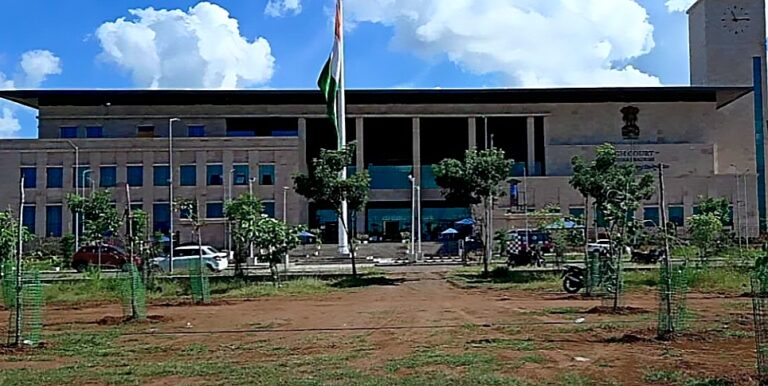The Andhra Pradesh High Court, in a landmark judgment dated 20th August 2025 in the case of JPR Projects vs. The State of Andhra Pradesh, has provided much-needed clarity for taxpayers under the Goods and Services Tax (GST) framework. The ruling deals with the validity of best judgment assessment orders once a taxpayer files their pending GST returns, and affirms the automatic operation of Section 62(2) of the CGST/APGST Act, 2017.
This decision strengthens the statutory protection available to taxpayers, ensuring that compliance through return filing leads to automatic withdrawal of a best judgment assessment, without requiring explicit approval from tax authorities.
Case Background
A registered GST dealer failed to furnish returns for a certain tax period. Consequently, on 7th February 2024, the tax authorities invoked Section 62(1) and issued a best judgment assessment order demanding tax dues.
Subsequently, the dealer filed all pending returns, discharged self-assessed tax liabilities, and paid the applicable late fees. Despite this, the department initiated recovery proceedings and adjusted ₹12,92,346 from the dealer’s Input Tax Credit (ITC).
The department justified its action by arguing that the taxpayer had not formally intimated the return filing, and therefore, the assessment order continued to remain valid.
Legal Issue: Is Intimation Necessary for Deemed Withdrawal?
The central question before the court was:
- Does a best judgment assessment order remain valid even after the taxpayer files pending returns and pays tax/late fees within the prescribed time?
- Is a separate intimation to the tax officer required for deemed withdrawal under Section 62(2)?
This question was crucial as Section 62 is designed to strike a balance between enforcement and compliance. While subsection (1) empowers officers to assess defaults, subsection (2) provides a “lifeline”—a chance for taxpayers to nullify such orders by complying within a statutory timeframe.
Court’s Observations and Findings
The High Court held that:
- Section 62(2) is a deeming provision that operates automatically when a taxpayer files a valid return within the statutory period.
- No further intimation or approval from the proper officer is required.
- Since the petitioner had filed the returns and paid taxes with late fees within the prescribed 60-day window (extendable by another 60 days on payment of daily late fees), the best judgment assessment order lost its legal force.
- Consequently, recovery actions, including adjustment of ₹12.92 lakh ITC, were illegal and unsustainable.
The Court directed that the wrongly adjusted ITC amount be re-credited within four weeks.
Importantly, the Court clarified that while deemed withdrawal nullifies the best judgment assessment order, it does not prevent the department from initiating a fresh assessment under other provisions of GST law, if warranted.
Key Takeaways from the Ruling
✅ For Taxpayers
- Filing a valid return and paying the self-assessed tax with late fees within the prescribed period is sufficient to nullify a best judgment assessment order.
- No separate representation, intimation, or application is required to claim this benefit.
- Any recovery action initiated post-compliance is illegal and can be challenged.
✅ For Tax Authorities
- Section 62(2) operates as a mandatory and automatic deeming fiction; authorities cannot insist on separate intimation or continue recovery once compliance is made.
- The ruling emphasizes a compliance-friendly GST framework, reducing unnecessary litigation on procedural technicalities.
Text of Section 62 of the CGST Act, 2017
- Section 62(1): If a registered person fails to file GST returns even after receiving a notice under Section 46, the officer may issue a best judgment assessment order based on available records.
- Section 62(2): If the taxpayer furnishes a valid return within 60 days of the assessment order (extendable by another 60 days with late fees), such order is deemed withdrawn, though liability for interest and late fees continues.
Conclusion
The Andhra Pradesh High Court’s ruling in JPR Projects reaffirms that deemed withdrawal under Section 62(2) is automatic and non-negotiable. This precedent is a major relief for taxpayers, as it ensures that once compliance is made, the tax department cannot continue recovery actions based on a withdrawn order.
By reiterating the trust-based nature of GST, the judgment strikes a balance between enforcement and compliance, simplifying dispute resolution and reducing unnecessary litigation.
